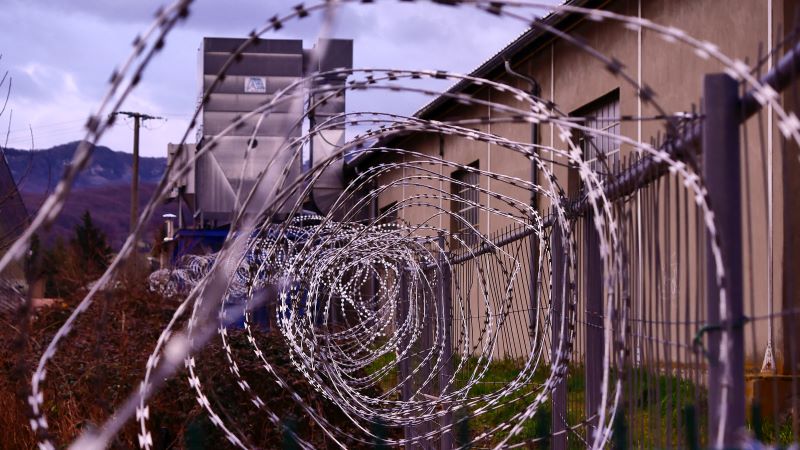How should we understand the appointment of the former head of the Anti-Corruption Task Force, that in the end it ends up in jail? How should we understand Hoti’s government’s tendency to disband the Task Force, at such times when corruption affairs and scandals are endless…

Belul Beqaj
As in many transitional places, the privatisation began with a great enthusiasm also in Kosovo. However, as in many former socialist countries, the same in Kosovo, this process is being developed with tendencies to end with disappointment and contradictory consequences.
The October scandal was the information that came from the Parliamentary Investigative Commission. It was published that the board of PAK (Privatisation Agency of Kosovo) sold one are (100 square meters) of land for just 1 euro! The critical reader understands the disappointment, since this is a consequence that has happened and is still happening in all the transitional countries. But it does not understand why the privatisation policies in Kosovo are contradictory. Here, the contradictory illustrations.
The Basic Court of Peja in 2013 sentenced the former head of the Anti-Corruption Task Force and the prosecutor of the Special Prosecution of Kosovo, Nazmi Mustafi, to 5 years in prison. On October 2020, the government of Kosovo aims to disband the Task Force that was established 10 years ago?!
How should we understand the appointment of the former head of the Anti-Corruption Task Force, that in the end it ends up in jail? How should we understand Hoti’s government’s tendency to disband the Task Force, at such times when corruption affairs and scandals are endless…
“Is it a direct tendency of the government to influence and intervene in the investigative processes of the high political and institutional officials that are involved”, or is it that the public policies are being subjugated to the underground policies?! As a consequence we have the withdrawal of the Embassies of USA, United Kingdom and EU from the monitoring process of this institution…
The answers of these questions are necessary, as long as the processes of privatisation of the public companies in the last two decades are being considered as bad stories of Kosovo, which seems to be a serious source of organized crime (the case “Toka/Land”) and of a pandemic of corruption. This model is a bad one for the companies, social properties and their employees, because after the privatisation with ridiculous prizes, the managers of these companies have changed the direction of those factories, and they have multiplied the prize of the properties, as it was the case with the properties in Malisevo.
In this sense, it seems as a reliable statement the one that Kosovo’s wealth was not managed properly when it comes to public companies, such as: Kosovo Telecom, Airport “Adem Jashari”, KEK (Kosovo Energy Corporation), then a company that had the objectives of a social company and was not treated as a social company with a special status as it is “Trepca”, and many other companies and assets.
Corruption has caused the loss of faith in state’s public policies, and it is reasonably used as an obstacle for the visa liberalization, while at the other side it has deepened the corrupting mentality of the citizens. Consequently, corruption is rooted in increasing the distrust in policy-making, as well as in the rule of law.
While for the social divisions that were deepened more and for the disinterest of foreign and local investors, we should not even comment. As days go by, it becomes clear that this occurrence will not end while the public policies are subjugated to the political underground.
Belul Beqaj, PhD for political sciences from the Ss. Cyril and Methodius University in Skopje, author of more than 100 political and scientific articles.



Leave A Comment